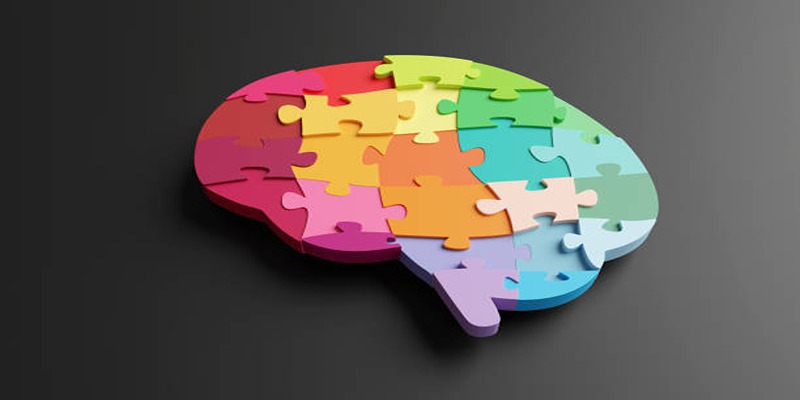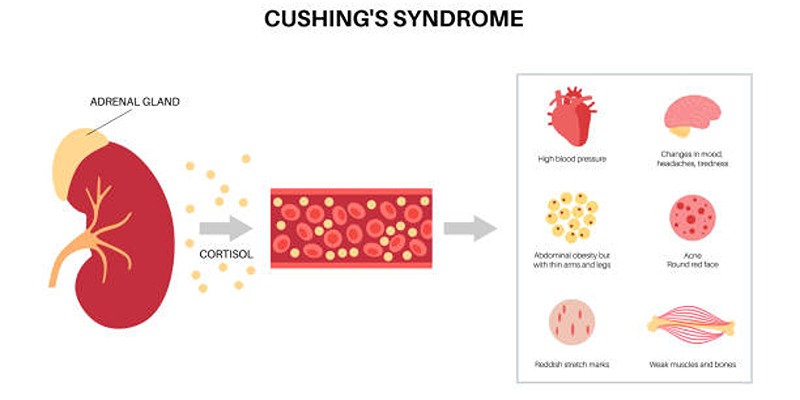What Is Neurodiversity and Why Does It Matter?
Advertisement
Neurodiversity is a term that highlights the natural variations in how human brains function, learn, and process information. It encompasses conditions such as autism, ADHD, dyslexia, and other neurological differences, emphasizing that these are not deficits but unique ways of experiencing the world. This concept promotes acceptance and inclusion, challenging societal norms that often marginalize individuals who think differently. By understanding and valuing neurodiversity, we can cultivate environments that celebrate diverse perspectives, foster innovation, and ensure everyone has the opportunity to thrive.
Understanding Neurodivergence

Neurodiversity refers to a condition in which one’s brain wiring is distinct from the majority of people. For instance, a person with autism or attention deficit hyperactivity disorder is referred to as neurodiverse. Most importantly, neurodivergence does not equal to ‘lacking’ or ‘less able.’ This is just a form of a difference in the style in which the brain perceives with the world and responds to it. These can include strengths like the ability to focus intensively, think creatively, or solve problems in unique ways. However, they can also include challenges such as heightened sensitivity to sounds, touch or difficulty with conventional forms of communication.
It’s also essential to highlight that some people consider themselves “neurotypical,” meaning their cognitive functioning aligns more closely with societal expectations. While neurotypical individuals may not face the same challenges as neurodivergent individuals, both groups benefit from environments that value diversity and foster inclusiveness.
Importance of the Neurodiversity Movement
The neurodiversity movement echoes the broader fight for inclusivity and equality. Historically, neurodivergent individuals have been subjected to discrimination and barriers in education, employment, and social settings. Common stereotypes have inaccurately portrayed neurodivergent people as incapable or unfit to contribute to society. The neurodiversity movement seeks to dismantle these misconceptions and advocate for systems that understand and accommodate neurological variations.
One of the primary aims of the movement is the promotion of strengths-based approaches. For instance, instead of focusing exclusively on what a neurodivergent individual "cannot" do, the neurodiversity movement encourages celebrating their abilities and talents. This shift can have profound consequences, not only for individuals but also for organizations and communities, as diverse perspectives often lead to innovation and creativity.
Why Neurodiversity Matters
Neurodiversity matters because it shapes how society perceives and interacts with individuals whose brains operate differently. When we build an inclusive society that values neurodivergent individuals, we break down barriers and foster an environment where everyone can thrive. Here are several reasons why neurodiversity is integral to society:
Fostering Innovation
Neurodivergent individuals often bring fresh, unconventional perspectives to problem-solving. This ability to think outside the box has been crucial in driving progress in various fields such as technology, art, and science. Many groundbreaking ideas have emerged from their unique approaches, challenging traditional ways of thinking and inspiring creative solutions. By embracing neurodiversity, organizations and societies can unlock untapped potential, fostering an environment where innovation thrives and new possibilities are continually explored.
Promoting Empathy and Understanding
Embracing neurological differences encourages greater compassion and understanding among people. When society acknowledges and celebrates neurodiversity rather than suppressing it, stigmas are reduced, and inclusivity is strengthened. Recognizing these differences fosters a culture of empathy, where individuals are more likely to appreciate diverse perspectives. This shift not only helps neurodivergent individuals feel valued but also creates a more tolerant, supportive world where everyone benefits from mutual respect.
Enhancing Education and Workplaces
Inclusive policies in schools and workplaces are essential for empowering neurodivergent individuals to succeed. Flexible learning environments, customized support systems, and workplace accommodations help unlock their full potential. Moreover, these policies benefit everyone by fostering universal design principles that improve accessibility for all individuals. When workplaces and educational institutions adapt to different needs, productivity and collaboration increase, creating a more equitable and effective environment for everyone involved.
A Balanced View of Humanity
Just as physical diversity enriches human experiences, neurological diversity adds depth to our understanding of the human condition. Neurodivergent individuals contribute unique insights, perspectives, and ideas that enhance the richness of society. These differences reveal the complexity and beauty of humanity, showing that no single way of thinking defines us. By valuing neurodiversity, we ensure a world that celebrates varied viewpoints and thrives on the vibrant tapestry of human thought.
Steps Toward a Neurodiverse-Friendly Society

Creating a truly inclusive society requires effort at all levels—individual, organizational, and systemic. Here are a few actionable steps that can be taken:
- Education: Public awareness campaigns in schools, workplaces, and community organizations can challenge stereotypes and promote understanding.
- Accommodations: Providing reasonable support, such as quiet spaces for those with sensory sensitivities or visual aids for those with dyslexia, ensures equitable access to opportunities.
- Employment Opportunities: Encouraging inclusive hiring practices and support systems allows neurodivergent individuals to showcase their abilities in meaningful ways.
- Representation: Increasing positive representation of neurodivergent individuals in media and leadership roles can combat stigmas and provide role models for others.
- Listening to Voices: Empowering neurodivergent individuals to share their experiences ensures that reforms address their needs and aspirations directly.
A Paradigm Shift
Understanding neurodiversity represents a paradigm shift that values difference rather than uniformity. It teaches us that there is no single "right" way of thinking, feeling, or interacting with the world. Shifting to this mindset not only benefits neurodivergent individuals but also builds a society where everyone—neurodivergent and neurotypical feels valued and understood.
This change in perspective is evident in modern workplaces and schools that now prioritize inclusivity, offering tools like flexible schedules, alternative communication methods, and assistive technologies. These considerations not only improve productivity but also enhance overall well-being.
Conclusion
By embracing neurodiversity, we foster a world where every individual’s unique abilities are recognized and celebrated. This shift in perception promotes inclusivity, innovation, and empathy, benefiting all members of society. Whether through education, workplace adjustments, or representation, steps toward understanding neurodivergent perspectives create stronger, more compassionate communities. Ultimately, acknowledging and valuing neurodiversity is not just about acceptance—it’s about championing the strengths that come from human differences. Together, we can build an equitable future where everyone’s potential is realized.
On this page
Understanding Neurodivergence Importance of the Neurodiversity Movement Why Neurodiversity Matters Fostering Innovation Promoting Empathy and Understanding Enhancing Education and Workplaces A Balanced View of Humanity Steps Toward a Neurodiverse-Friendly Society A Paradigm Shift ConclusionAdvertisement












